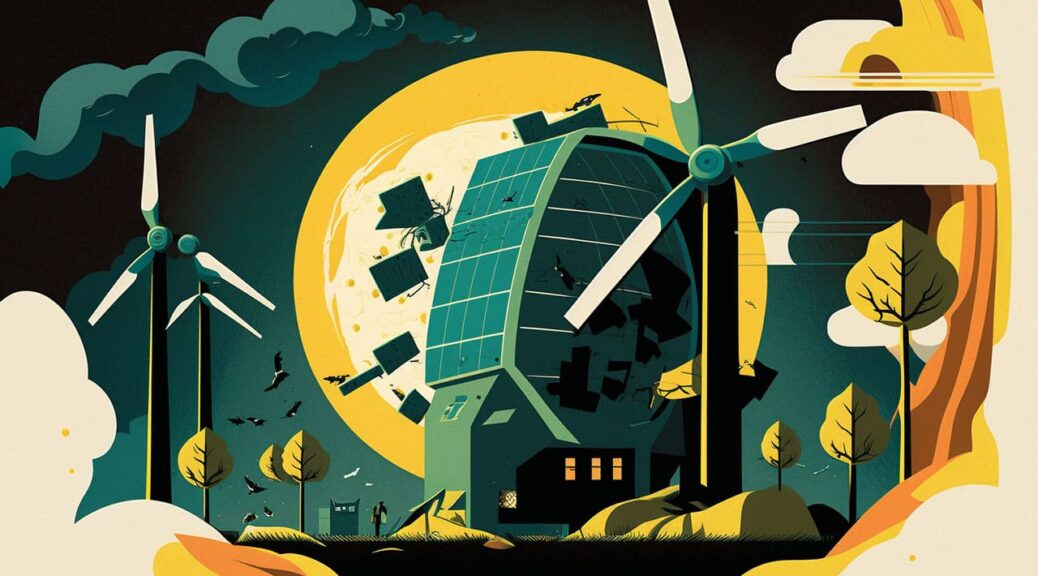1. Reducing Carbon Emissions
Renewable energy sources, such as solar and wind power, generate electricity without producing harmful greenhouse gases. By reducing carbon emissions, renewable energy can help mitigate climate change and promote a more sustainable future.
2. Increased Energy Security
Renewable energy sources, unlike fossil fuels, are not subject to supply and demand pressures or geopolitical tensions. This means that countries can reduce their dependence on foreign sources of energy and achieve greater energy security.
3. Cost Savings
Renewable energy technologies have become increasingly cost-competitive with traditional fossil fuels. As the cost of renewable energy continues to decline, it is becoming an attractive and economically viable alternative to fossil fuels.
4. Job Creation
The renewable energy sector is a significant source of job creation, both in terms of direct and indirect employment. This includes jobs in manufacturing, installation, and maintenance of renewable energy infrastructure.
The Challenges of Transitioning to Renewable Energy Sources
1. Reliability and Stability of Energy Supply
Renewable energy sources are dependent on the availability of natural resources, such as sun and wind. This can make the energy supply less predictable and reliable than traditional fossil fuels, which can have implications for energy security.
2. Energy Storage
The intermittent nature of renewable energy sources also requires effective energy storage solutions to ensure a stable and reliable energy supply. Developing cost-effective and efficient energy storage systems is a significant challenge that must be addressed.
3. Infrastructure Costs
Transitioning to renewable energy requires significant investment in new infrastructure, including transmission lines, storage facilities, and renewable energy generation plants. These costs can be significant and may require significant public and private investment.
4. Policy and Regulatory Challenges
The transition to renewable energy requires supportive policy frameworks and regulatory frameworks to promote investment and adoption. This requires significant political will and may face resistance from vested interests.
Conclusion
The transition to renewable energy is essential for creating a sustainable future and mitigating the effects of climate change. While the benefits of renewable energy are clear, there are significant challenges that must be addressed to realize its full potential. By investing in research and development, implementing supportive policy frameworks, and encouraging private investment, we can overcome these challenges and create a brighter, more sustainable future for all.
